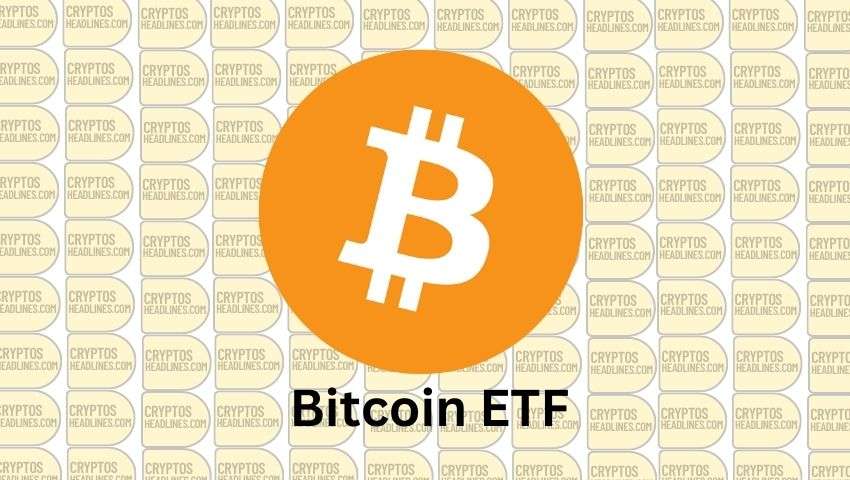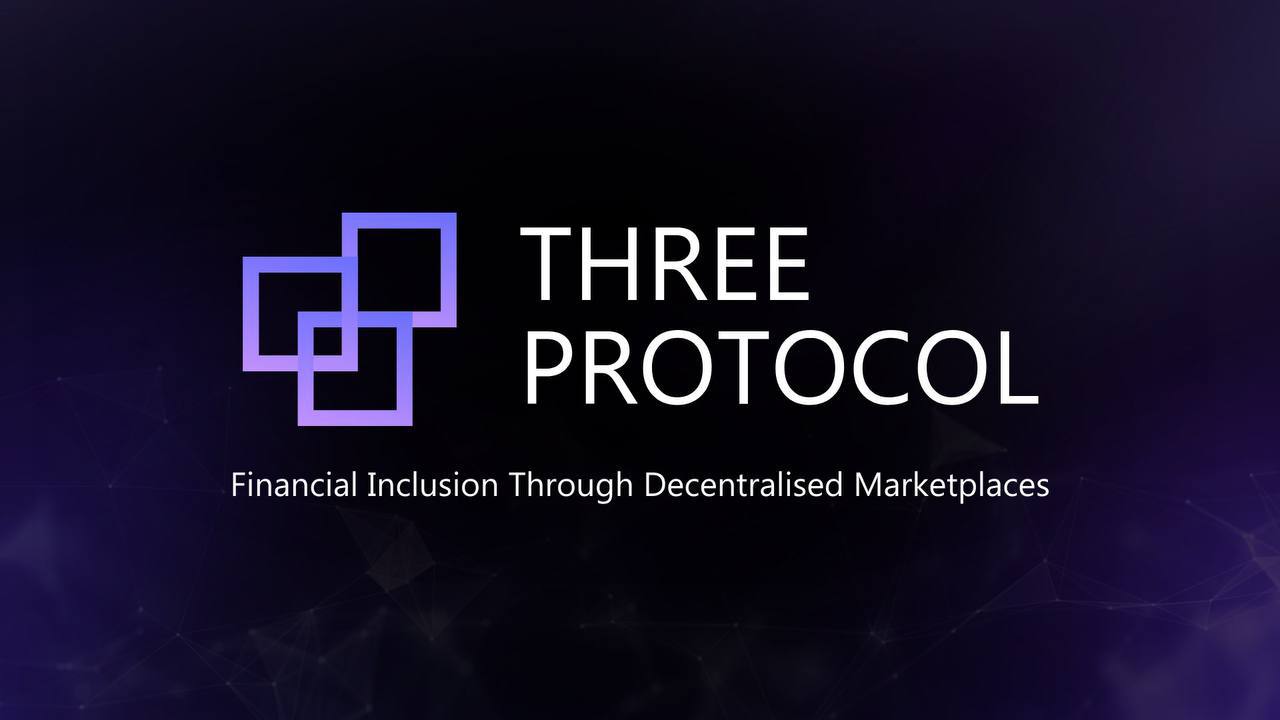Max Keiser, a well-known supporter of Bitcoin and financial analyst, is expressing serious worries about the soon-to-arrive Bitcoin spot Exchange-Traded Funds (ETFs).
Despite the financial community eagerly awaiting these ETFs, anticipating increased mainstream adoption for Bitcoin, Keiser suggests there might be hidden aspects to these financial instruments that are not immediately apparent.
SEC’s Potential Approval of Bitcoin Spot ETFs
Anticipation is high as the United States Securities and Exchange Commission (SEC) gears up to potentially approve Bitcoin spot ETFs, with January being a possible timeframe. This development has long been awaited within the cryptocurrency community as a positive stride towards integrating Bitcoin into traditional finance. However, Max Keiser’s insights offer a contrasting narrative, hinting at potential concerns surrounding this impending approval.
Seems like all these #Bitcoin ETF’s have agreed to cash-in, cash-out. Investors will track the price, but have no claim on actual BTC.
A fiat money version of #Bitcoin
Simultaneously, Washington is apparently looking to ban self-custody.
If this is true, it’s exceptional,… https://t.co/IRFictAAzV
— Max Keiser (@maxkeiser) December 21, 2023
Keiser’s Warning on Bitcoin ETFs
Max Keiser, drawing on his extensive finance sector experience, cautions against the full benefits of integrating Bitcoin into ETFs for the cryptocurrency industry. His reservations arise from what he perceives as an “unprecedented coordination” among financial institutions, regulators, and politicians in the rollout of Bitcoin spot ETFs.
Keiser’s primary contention is that these ETFs are structured for “cash-in, cash-out” transactions, exposing investors to Bitcoin’s price fluctuations without actually holding any Bitcoin. This approach, he argues, could create a “fiat money version of Bitcoin,” separating the value of the ETFs from the practical utility and principles inherent in Bitcoin.
In addition to these concerns, Keiser highlights rumors that Washington may be considering restrictions or even a ban on Bitcoin self-custody concurrent with the approval of these ETFs. Such a move could profoundly impact one of Bitcoin’s fundamental values—the ability of individuals to independently hold and control their assets without the need for intermediaries.
Keiser’s Unconventional Advice Amidst Bitcoin ETF Concerns
Max Keiser has an unusual response to the potential approval of Bitcoin spot ETFs: he suggests considering a move to El Salvador, a country that has fully embraced Bitcoin. This idea highlights the stark difference between El Salvador’s welcoming stance toward Bitcoin and what Keiser sees as manipulative tactics from Wall Street and Washington.
Pointing to a significant financial shift towards El Salvador, Keiser mentions that 153 wealthy individuals have applied for citizenship, each committing to a $1 million Bitcoin or USDT donation. This influx of funds, totaling $153 million, could strengthen El Salvador’s position as a global cryptocurrency hub.
Adding to the intrigue, Gabor Gurbacs, an advisor at Tether & VanEck, brings attention to the U.S. government’s recent forfeiture of 69,370 Bitcoins from the Silk Road case. Keiser speculates that these confiscated Bitcoins might be used as collateral for the new ETFs, benefiting the government and proxies through the price appreciation of the actual Bitcoins. Meanwhile, investors are pouring billions into what Keiser calls ‘fake’ Bitcoin ETFs.
Important: Please note that this article is only meant to provide information and should not be taken as legal, tax, investment, financial, or any other type of advice.
Join Cryptos Headlines Community
Follow Cryptos Headlines on Google News











